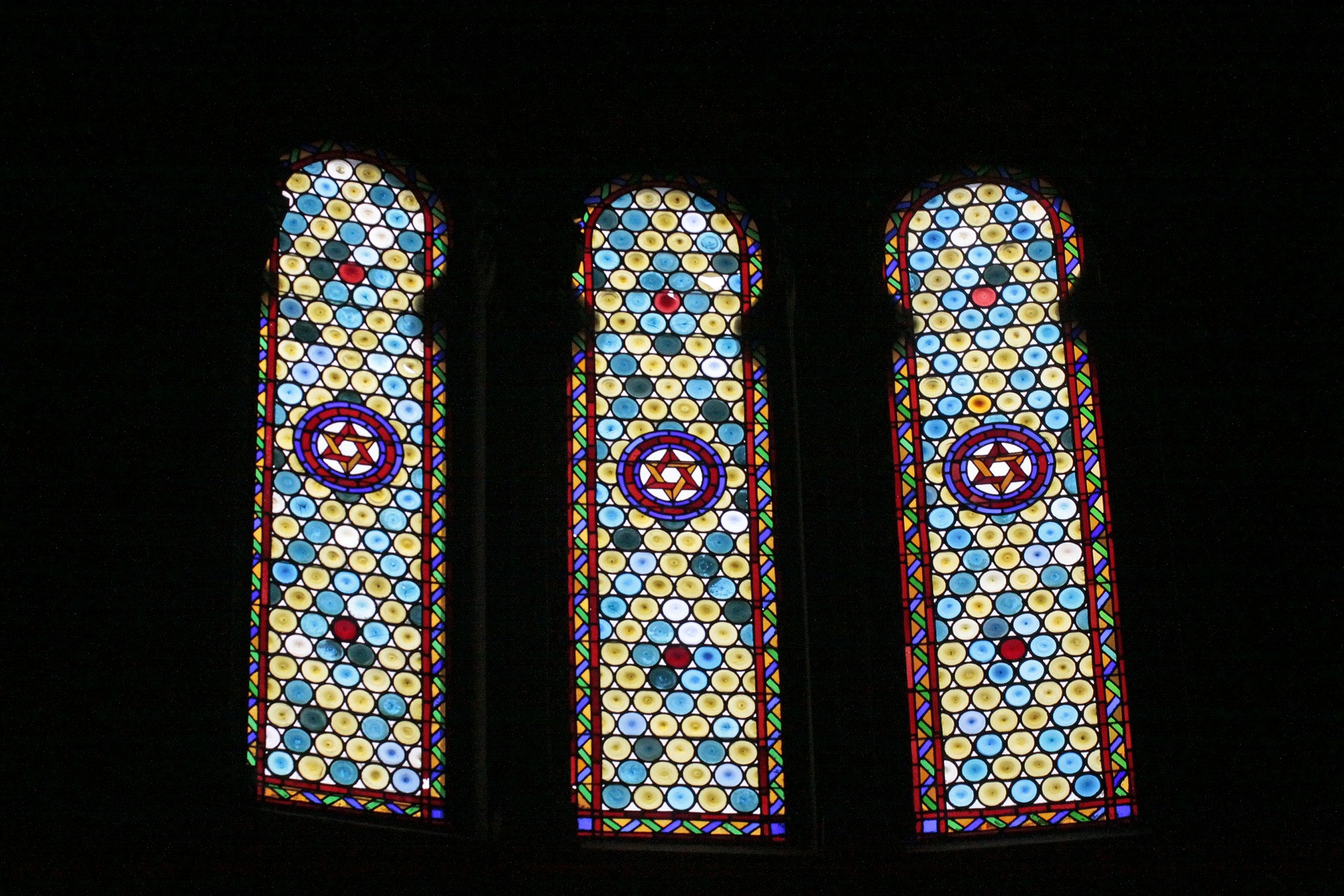Several weeks ago, 11 people were gunned down while attending Shabbat morning services at a synagogue in Pittsburgh. Throughout the United States, people mourned with the Jewish community after the worst act of violent anti-Semitism in our country’s history while candidates campaigning for the upcoming midterm election promised to make sure nothing like this ever happened again.
The next Wednesday evening, it happened again. This time a “college night” at a Thousand Oaks nightclub turned deadly when 12 innocent people lost their lives at the hands of yet another gunman. College students everywhere wondered if it could have happened to them at their local hangout. As a gun violence prevention advocate, I’ve often ruminated about my relative immunity from daily incidents of gun violence. Yet, I sit here now, a Jewish college student, wondering: Where are we truly safe from the effects of gun violence?
I once thought I was safe at school, but Sandy Hook proved otherwise. I used to feel safe at concerts, but the Las Vegas shooting told me to think again. I thought, at the very least, my place of worship was safe – but Charleston three years ago and the Pittsburgh shooting three weeks ago has taken that away from me as well. The Thousand Oaks nightclub tragedy, which elicited memories of the Pulse massacre, further reminded me that a safe night out with my classmates is no longer guaranteed.
The events of these past two weeks have Jewish college students especially fearful for our safety in places we should not have to be. On my campus at George Washington University (GW), I have heard sentiments of anger, sadness, frustration, and grief as Jewish students turn to one another for comfort. Numerous vigils were held on campus in the weeks following the Pittsburgh shooting. At each of these vigils, students gathered to mourn and many shared their individual concerns about the spread of anti-Semitism in the United States, particularly over the past decade.
Individual responses to the tragedies have varied from person to person. While a group of students took an early bus from DC to Pittsburgh to attend funeral services and grieve with the families of the shooting victims, other students – like myself – have turned to opportunities for advocacy for stronger gun control legislation. Nevertheless, we’re each desperately trying to figure out how to live in a world where our identity as Jews and our status as college students intersect in a seemingly deadly way. Where are we safe if not while attending institutions of higher learning? Where are we safe if not praying with friends and family on Shabbat?
I would be lying if I said I did not think twice before attending Rosh Hashanah services this year at Sixth & I, a historic synagogue in Washington, DC, for fear that the high-profile location would make services more dangerous than staying home. Ultimately, I refused to let the fear of a gunmen entering the synagogue during services – no matter how real this fear feels to me – prevent me from practicing my religion. The fact that these thoughts even entered my mind however, especially on the holiest day of the Jewish year, is unacceptable.
All hope isn’t lost, however. This year’s midterm elections saw several dozen NRA-backed politicians lose their seats in Congress. In California’s 45th district, where I grew up and was just a first-time voter, the NRA-supported congressional incumbent looked for a period of time as if she would maintain her seat. In a last minute victory, the Democratic candidate Katie Porter pulled ahead by less than ten thousand votes, pushing Republican Mimi Walters out of her Congressional seat.
In fact, across my county, Democratic candidates proved victorious against Republican candidates by incredibly close margins. Ecstatic about this new “blue wave” in California’s traditionally most conservative county, I watched as numerous candidates who ran on platforms of common-sense gun control legislation secured seats in the House of Representatives. My message is this though: Let’s keep going.
This young-people-led movement has made a lot of progress, but the fight to prevent gun violence has now become a fight for a basic sense of security. Because as a Jew, and as a college student, I can no longer comfortably say that I feel fully secure in the spaces in which I live, congregate, and worship.
Ninety-six lives are lost to gun violence every day in the United States. Statistics say that 96 more individuals will lose their lives to gun violence between the time I finish writing this piece and the hour it gets published. So the question remains: when will enough be enough? I feel I can speak for most of my fellow Jewish college students in saying that “when” has already passed.
Dahvi Cohen is a sophomore at the George Washington University pursuing a double major in political science and human services and social justice. She is a Jewish Center for Justice College Fellow who is involved on campus in the Jewish Student Association, GW College Democrats, and the Sigma Mu chapter of Kappa Delta.
Featured image credit: Pixabay.com/annazuc.

